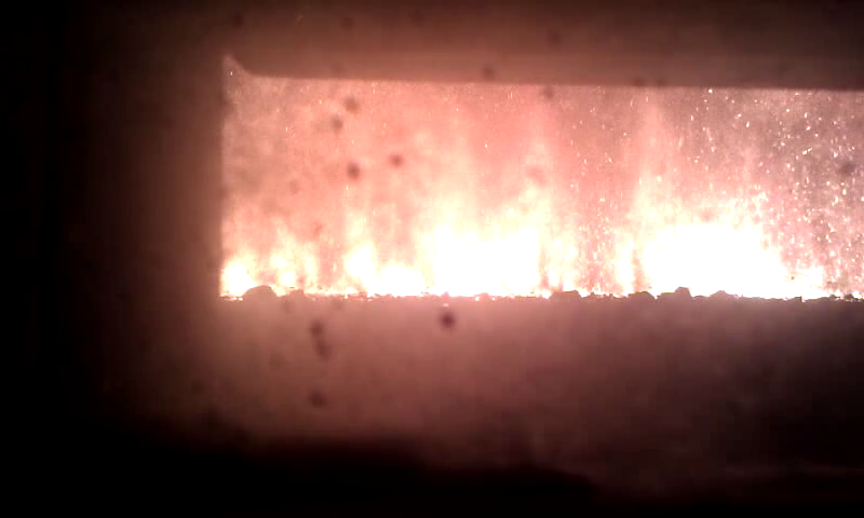Project dates: 07/07/2024 - 30/06/2025
Like most industries, the sugar industry is coming under increasing pressure to reduce reportable greenhouse gas emissions. The final report on Australian sugar milling research priorities released in June 2023 identified net zero as a priority area. Measuring and mitigating nitrous oxide (N2O) emissions was listed as an opportunity and N2O emissions from boiler stacks were identified as the largest single source of emissions for the milling sector of the industry. Preliminary measurements indicate that the emissions factor used to estimate N2O emissions from bagasse combustion is too high and therefore N2O emissions from bagasse combustion are being overestimated. Preliminary measurements also suggest that wet scrubbers reduce N2O emissions and that emissions of methane (CH4), another potent greenhouse gas, are strongly dependent on combustion conditions.
Further investigation is required to determine the magnitude of N2O and CH4 direct and indirect emissions for different boiler designs and a range of combustion conditions. Boiler operating and combustion conditions that reduce emissions of these greenhouse gases need to be determined. The approach for estimating emissions of these greenhouse gases should be updated.
Chief Investigators
Partner Investigator
- Line Jenssen (Willmar Sugar)
Project partners
Project funding
